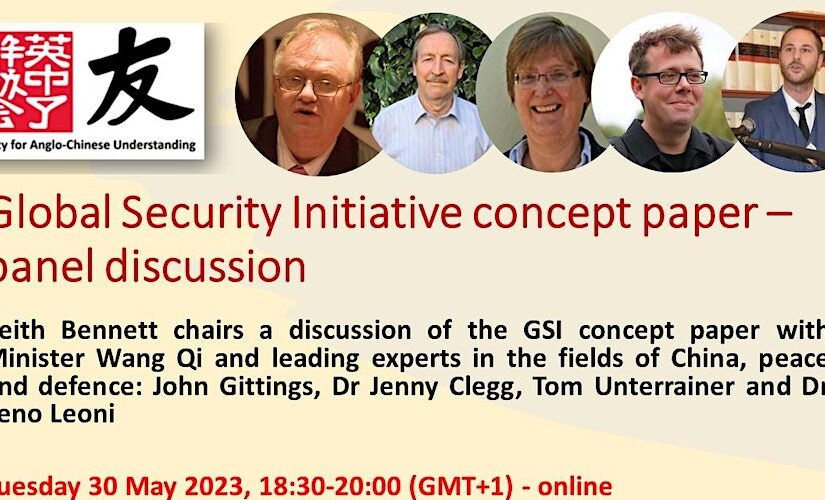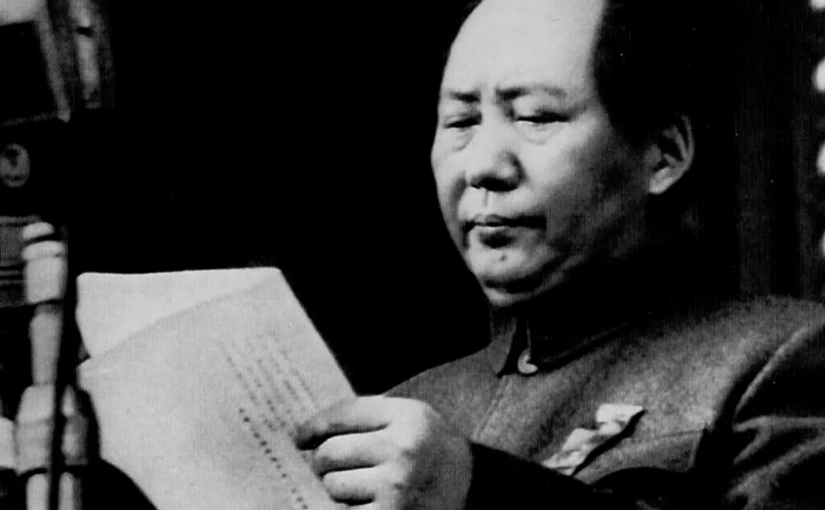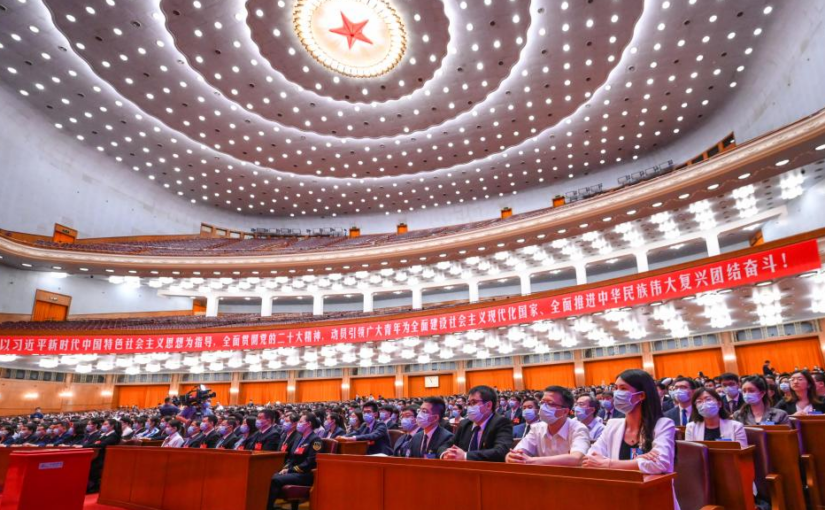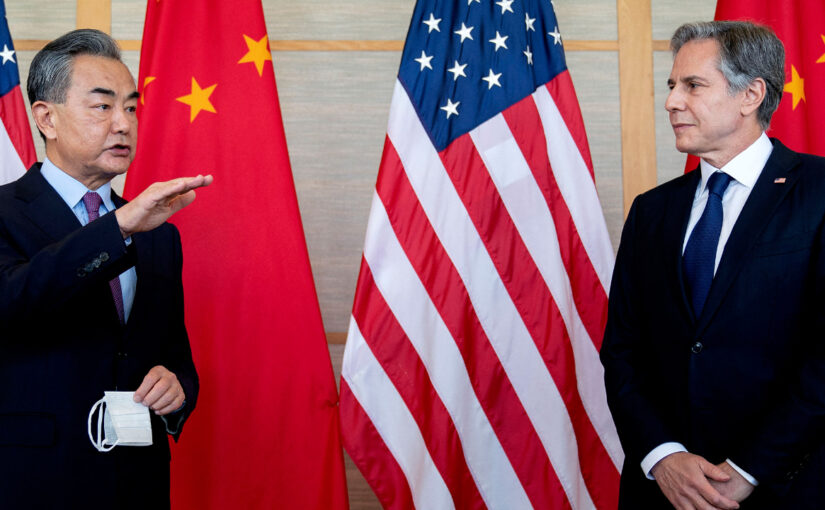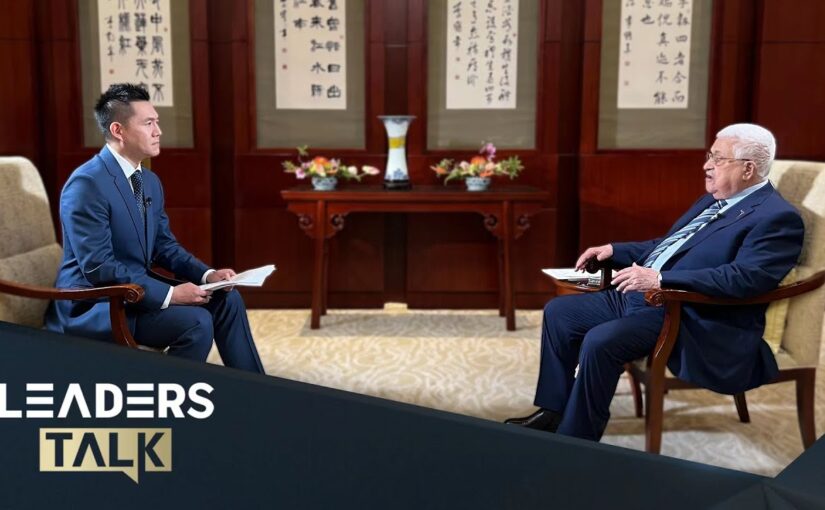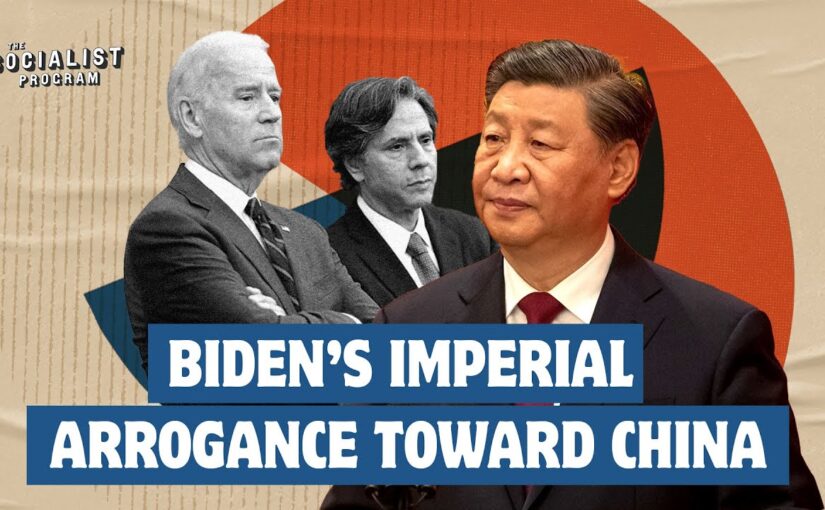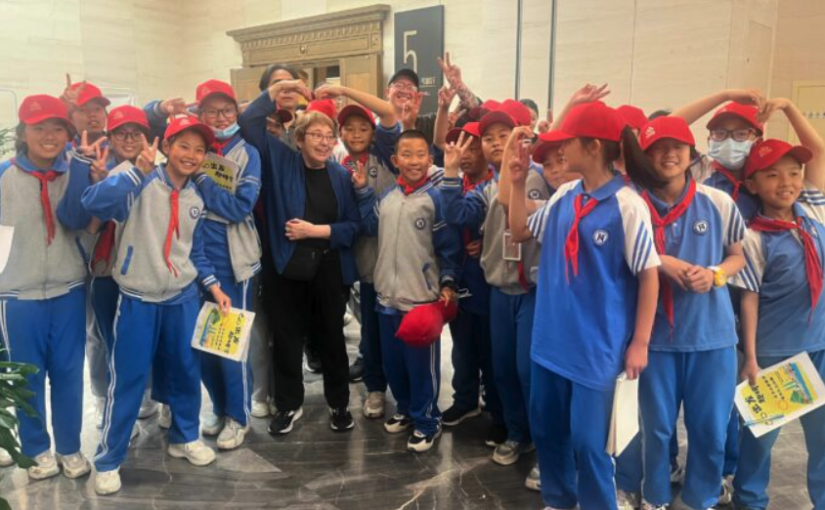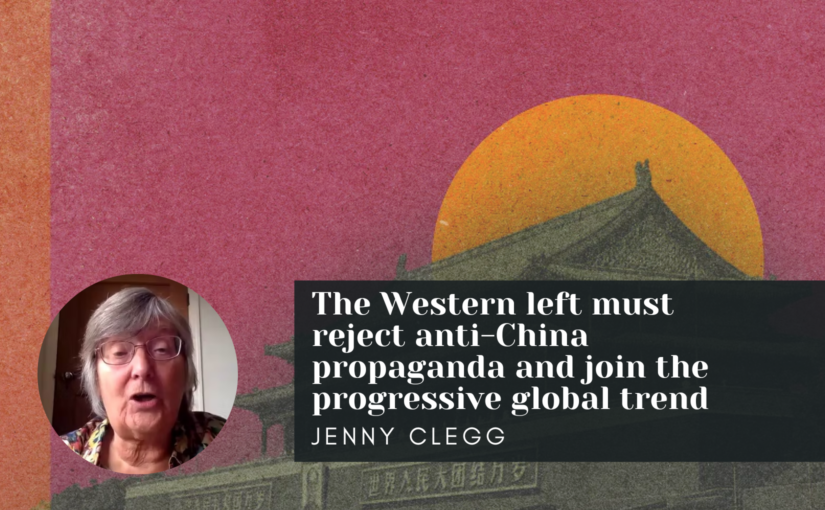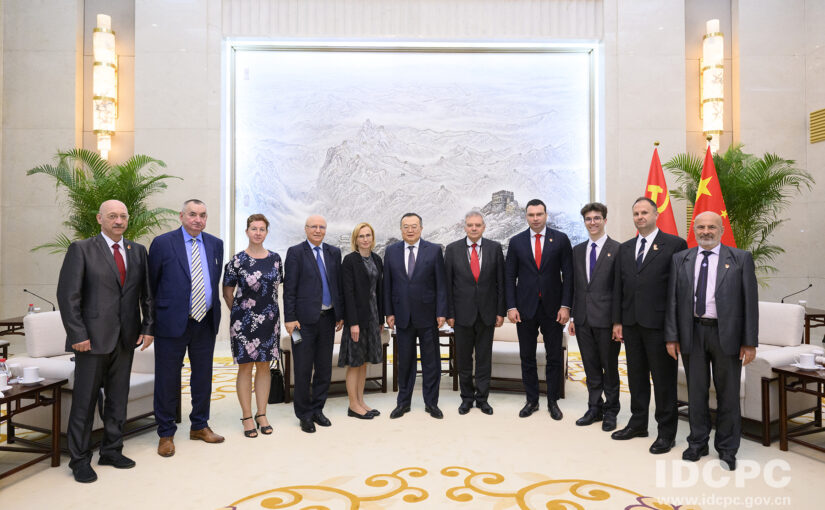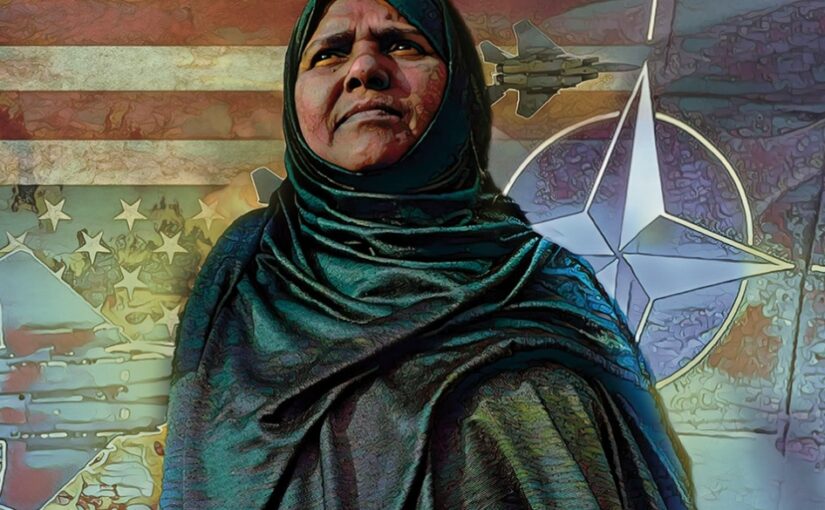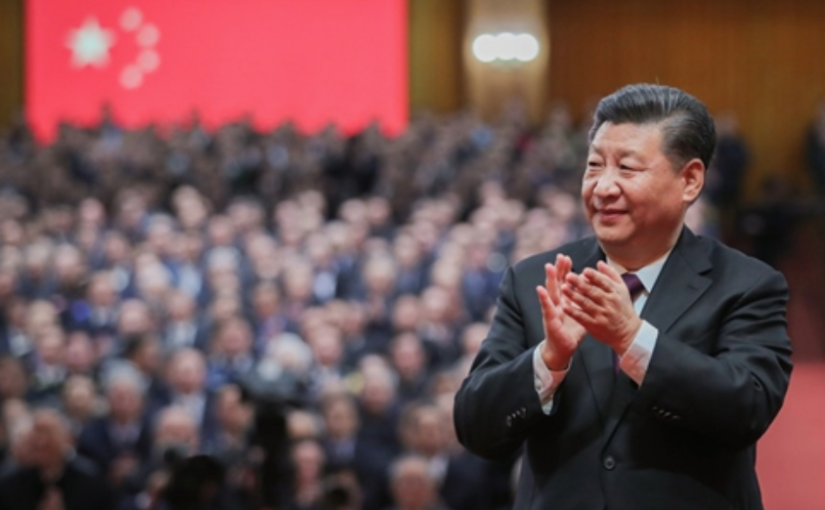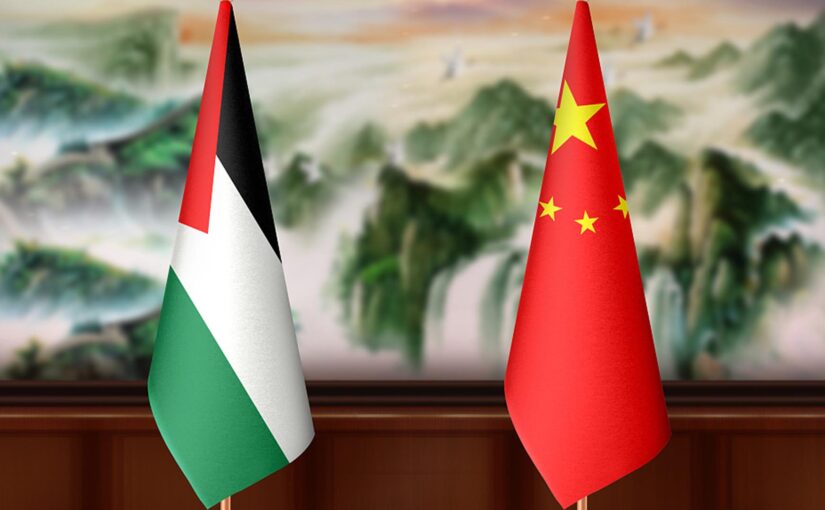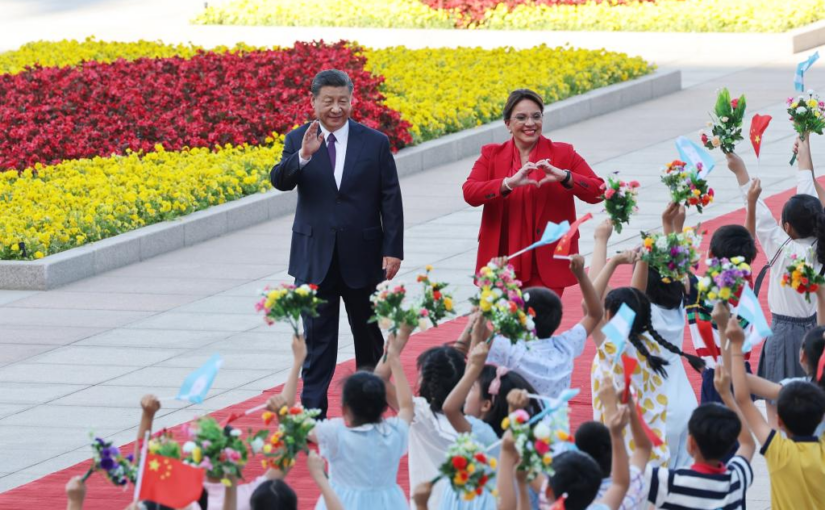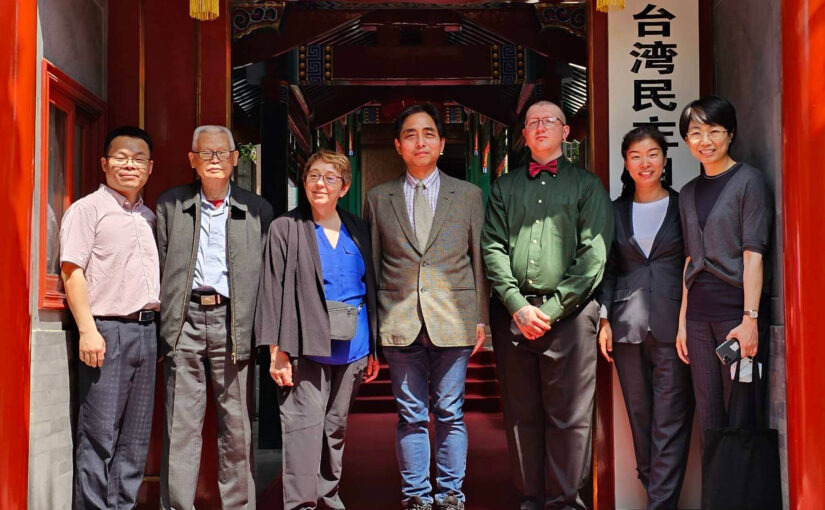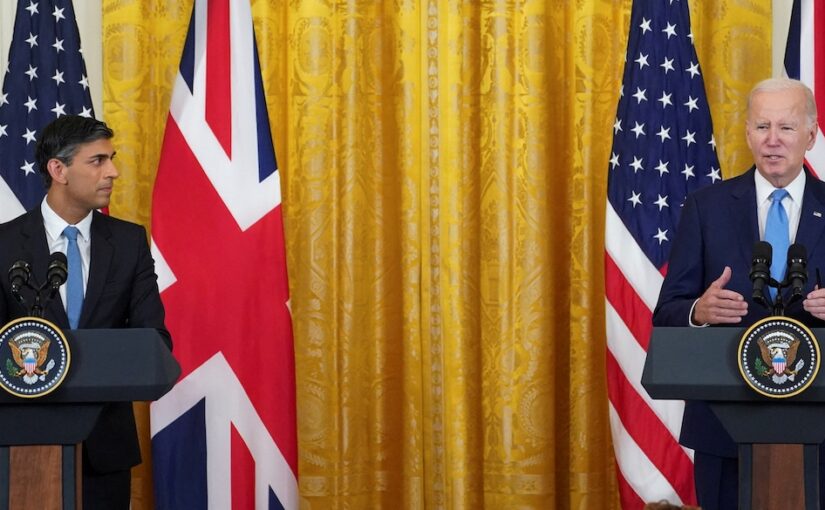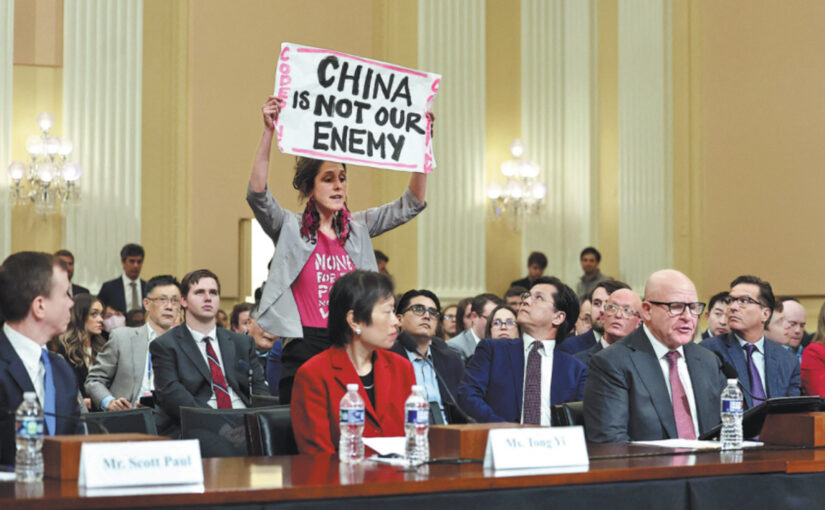The Society for Anglo-Chinese Understanding (SACU) organised a webinar on May 30 to discuss the Global Security Initiative (GSI) put forward by President Xi Jinping. Speakers were Minister Wang Qi from the Chinese Embassy in London; Tom Unterrainer, Chair of the Campaign for Nuclear Disarmament (CND); Dr. Zeno Leoni, Lecturer in Defence Studies at King’s College London; John Gittings, long-term China specialist and peace activist and former assistant foreign editor at the Guardian newspaper; and Dr. Jenny Clegg, retired senior lecturer in Asia-Pacific studies, peace activist, Vice-President of SACU, and member of the Friends of Socialist China advisory group. The webinar was introduced and chaired by Keith Bennett, SACU member and Co-editor of Friends of Socialist China.
In his contribution, Tom noted that the GSI has a focus on nuclear weapons, reiterating that, “a nuclear war can never be won and must never be fought.” Yet today, “rather than a reduction in nuclear risks the world is faced with the most acute set of such risks since the opening of the atomic age.” The famed ‘Doomsday Clock’ of the Bulletin of Atomic Scientists is now set at 90 seconds, Tom said, adding:
“It goes without saying that if the proposals contained in China’s GSI were to become the norm through which states and groups of states interacted on the global stage, then we would expect to see a drastic ‘winding back’ of the minute and second hands of the ‘Doomsday Clock’.”
China’s policy with regard to nuclear weapons, Tom explained, is not new, but dates back to the country’s first test of an atomic bomb on 16 October 1964, when the Chinese government noted that it has, “consistently advocated the complete prohibition and thorough destruction of nuclear weapons. If this had been achieved, China need not have developed nuclear weapons. But our proposal was met with stubborn resistance…The Chinese Government hereby solemnly declares that China will never at any time or under any circumstances be the first to use nuclear weapons.”
These policies have remained consistent to the present day.
Tom further noted that it is a matter of public record that China has been repeatedly threatened with nuclear attack, including by Truman in 1950, by Eisenhower in 1953, and then consistently through the 1950s. The UK’s National Archives also reveal that the British government considered threatening China with nuclear attack in 1961.
The GSI, he observed, “offers a number of straightforward measures that could drastically reduce these [nuclear] risks.”
We reprint below a slightly expanded version of Tom’s contribution to the webinar, which was originally published on END Info, a blog produced by the Bertrand Russell Peace Foundation for European Nuclear Disarmament (END). The full webinar can be viewed here.
I want to focus on nuclear weapons questions as they relate to the Global Security Initiative but in so doing, it would be wrong to conceive of nuclear risks as entirely separate from the general security issues that the GSI seeks to address. I’d go further and say that eliminating the existential risks posed by the prospect of nuclear use is a central aspect of any coherent approach to security.
Priority 3 of the concept paper addresses nuclear questions and opens with a reaffirmation of the 2022 joint statement of five nuclear-armed states, China included. This statement was, of course, a reaffirmation of a similar statement by Reagan and Gorbachev in the 1980s: “a nuclear war cannot be won and must never be fought”.
Since the January 2022 statement, rather than a reduction in nuclear risks the world is faced with the most acute set of such risks since the opening of the atomic age.
As evidence, we need look no further than the decision of the Atomic Scientists to set the hands of their ‘Doomsday Clock’ to ’90 seconds to Midnight’. This cautionary metaphor – signalling the perils we all face resulting from the combined dangers nuclear war, climate catastrophe and technological threats – has never been as close to ‘Midnight’ as it is now. The Atomic Scientists were clear about the contribution of nuclear threats, arising from the terrible events in Ukraine, to their decision.
Continue reading The Global Security Initiative could drastically reduce nuclear risks